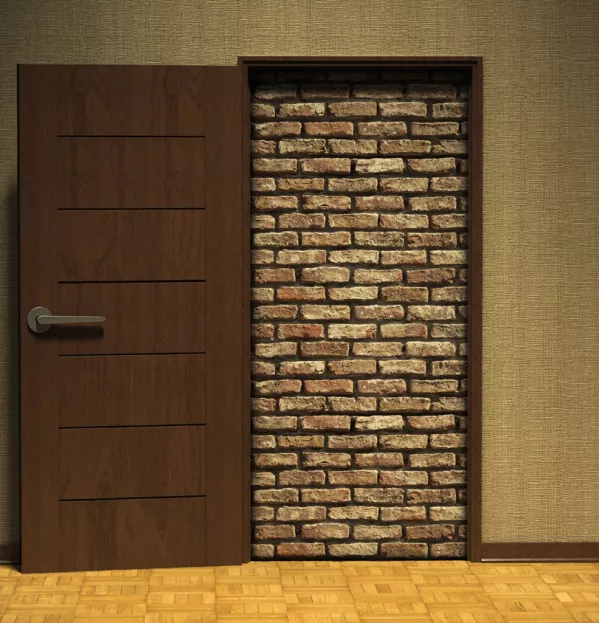Each year in the UK, an estimated 50,000 people - enough to fill the classrooms of about 30 secondary schools - sit exam papers under their own steam. These so-called private candidates study independently through online and distance learning, usually at home. As they don’t have an institution to make the necessary arrangements for them to sit papers, they do it for themselves and pay their own exam fees.
For many years, private candidates have struggled to find an examination centre to accept them, as there is no requirement for a school or college to do so. Some public-spirited organisations, such as Hills Road Sixth Form College in Cambridge, have always done their best to welcome private candidates for written exams.
The current system makes provision for non-examined assessments (NEAs) such as coursework or languages orals to be entered separately, and authenticated and marked by an awarding body or the distance-learning provider. This system provides the flexibility a private candidate needs. Now, candidates have a further hurdle to jump.
From May 2017, new Joint Council for Qualifications regulations will require the NEA elements of GCSEs and A levels to be undertaken in the same place as written examinations. As a result, private candidates are at high risk of not being able to gain GCSE and A-level qualifications in subjects with NEA elements. These include English language and English literature A level, history A level, all the science A levels, modern foreign languages and the English language GCSE, which has a speaking and listening endorsement.
Deterred from education
The first group of students to be affected by the new requirement will be those who began studying in September last year. Students who plan to enrol this coming September for subjects with NEA elements may be deterred from doing so.
Private candidates for exams deserve to be greeted with welcoming arms, rather than have doors shut in their faces
The majority of private candidates are adults and young people whose circumstances make it difficult or impossible for them to attend school or a college of further education, including: those with disabilities; people in long-term hospital care and pupils studying in hospital schools; those serving custodial sentences; adults with caring responsibilities; people in employment who are studying part-time; and pupils who are home-schooled - an estimated 20,000 and rising, according to 2014 figures from the All-Party Parliamentary Group on Home Education.
The difficulty some private candidates face in accessing assessment for GCSE and A-level qualifications is a longstanding barrier to improving their qualifications for work and filling skills shortages. Unless there is a change to the new NEA regulations, the barriers in some key subjects like English and the sciences will be insurmountable. That includes people trying to achieve A-level grades as adults in subjects they studied at school in order to gain a place at their university of choice.
Where does the responsibility for private candidates lie? Currently, no organisation or government department has responsibility for supporting private candidates and ensuring they have access to GCSE and A-level qualifications. Until that happens, distance-learning providers will have to carry on firefighting and devising complex workarounds.
Learning opens doors, we are told. Private candidates deserve to be greeted with welcoming arms, rather than have doors shut in their faces. Could Justine Greening, whose brief straddles schools, adult learning and skills, be the woman to show that the government is serious about the prime minister’s aspirations for the “just managing” and the “left behind”?
Ros Morpeth is chief executive of the National Extension College

